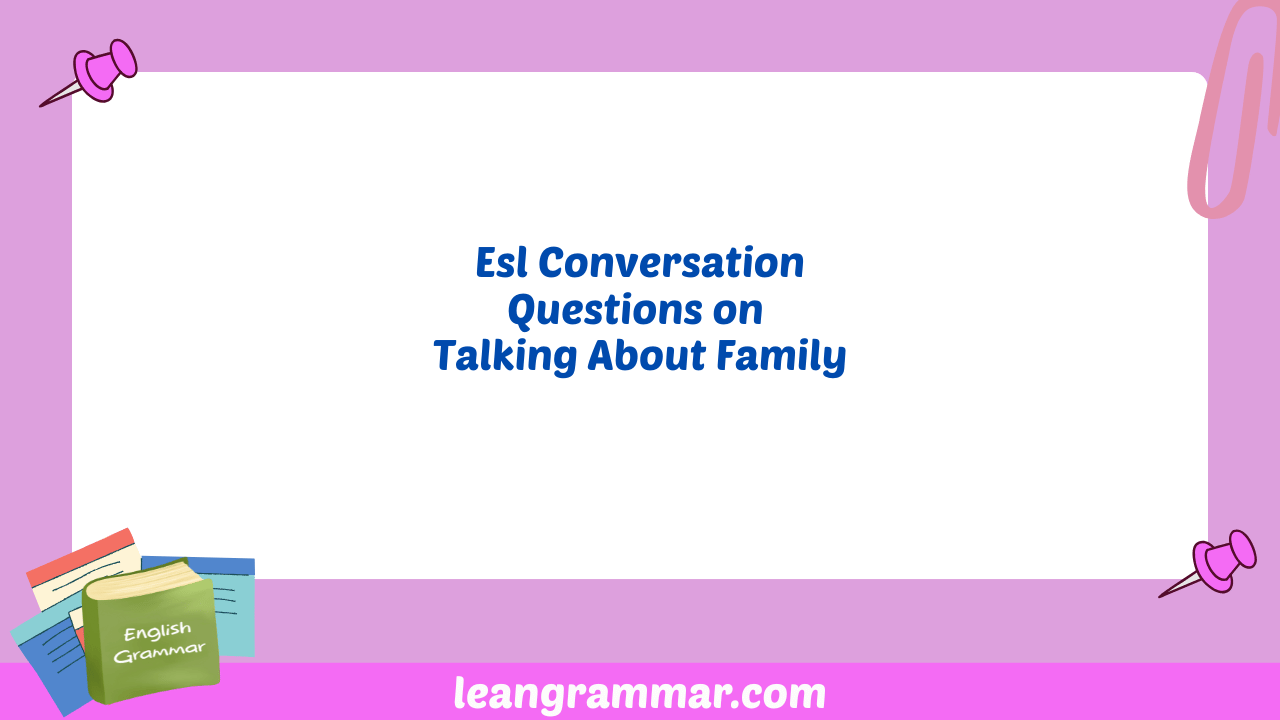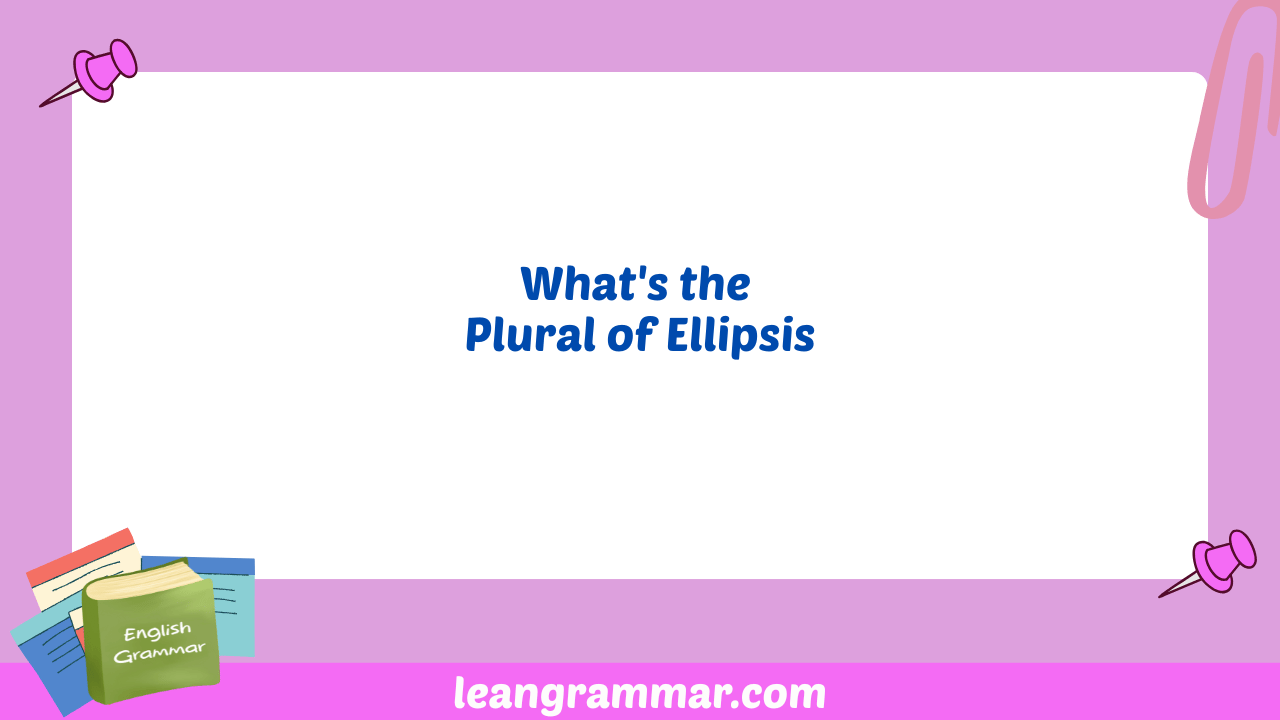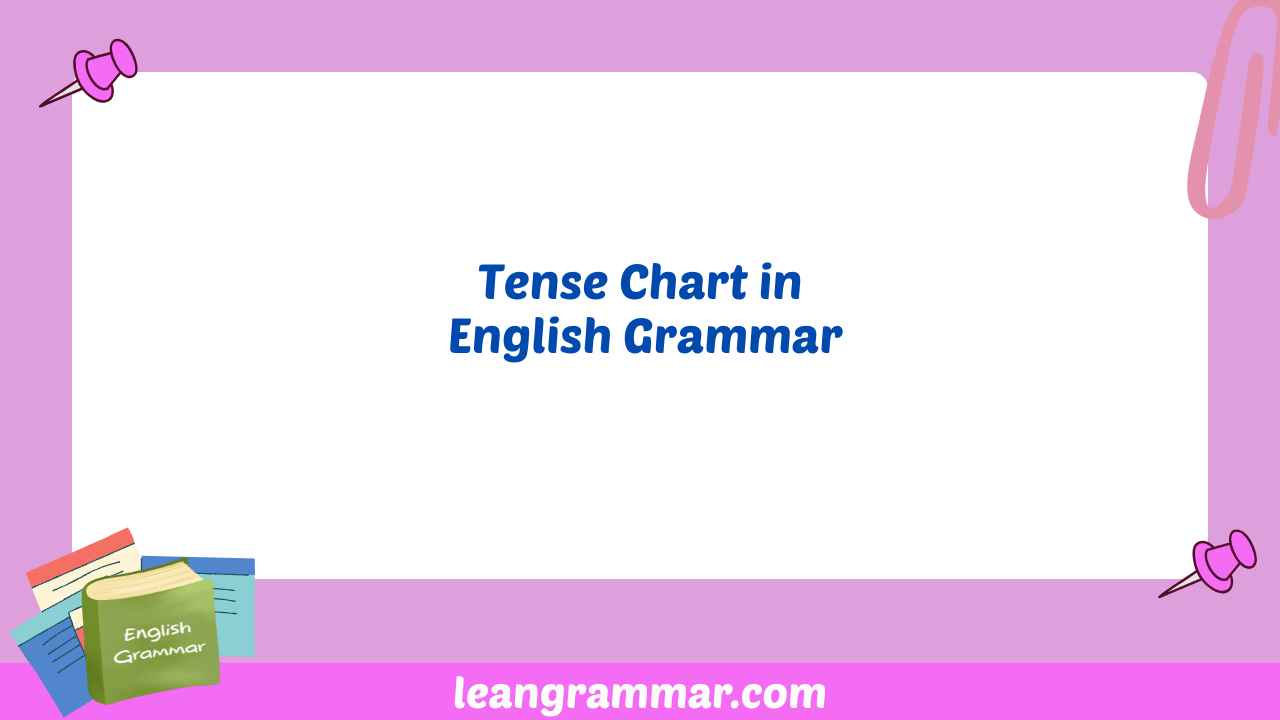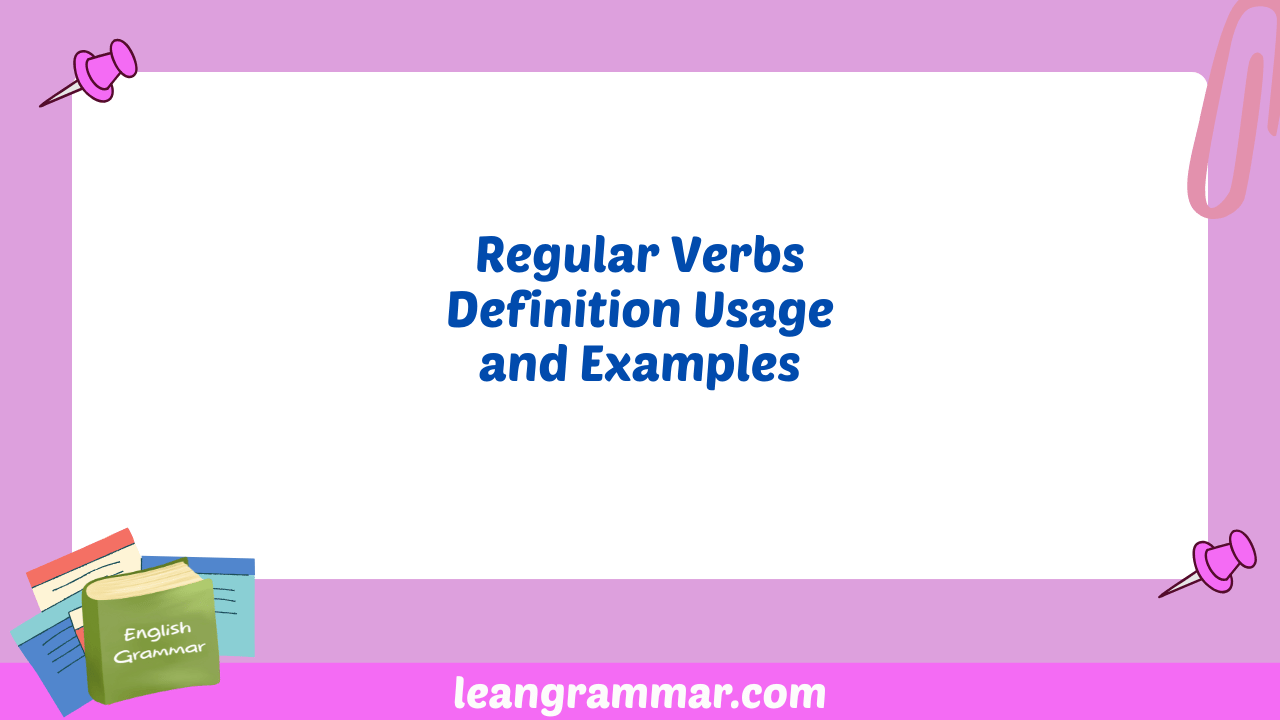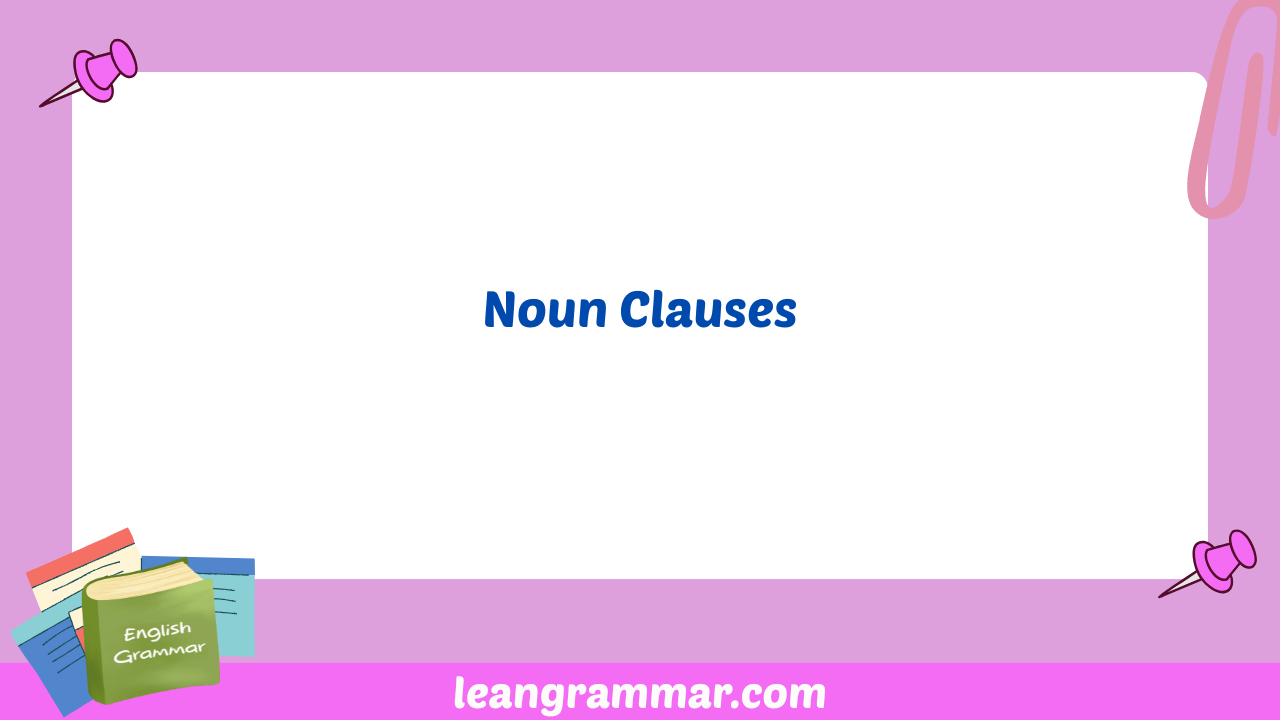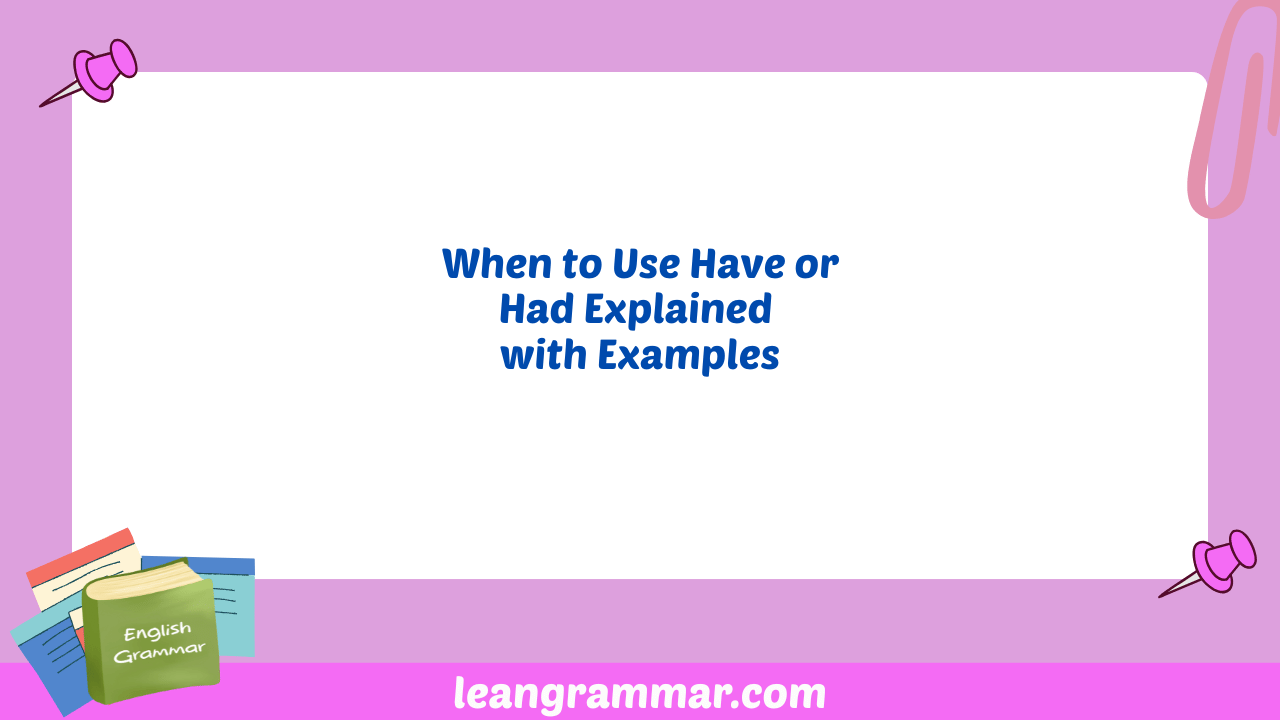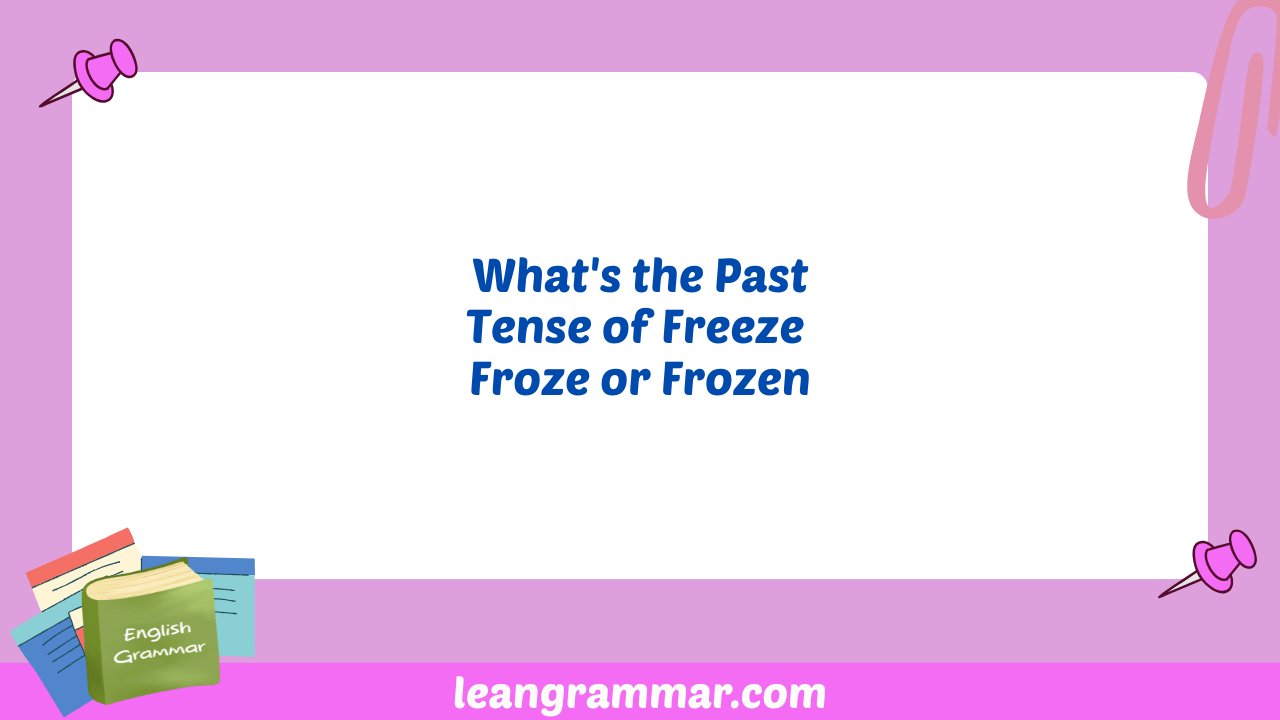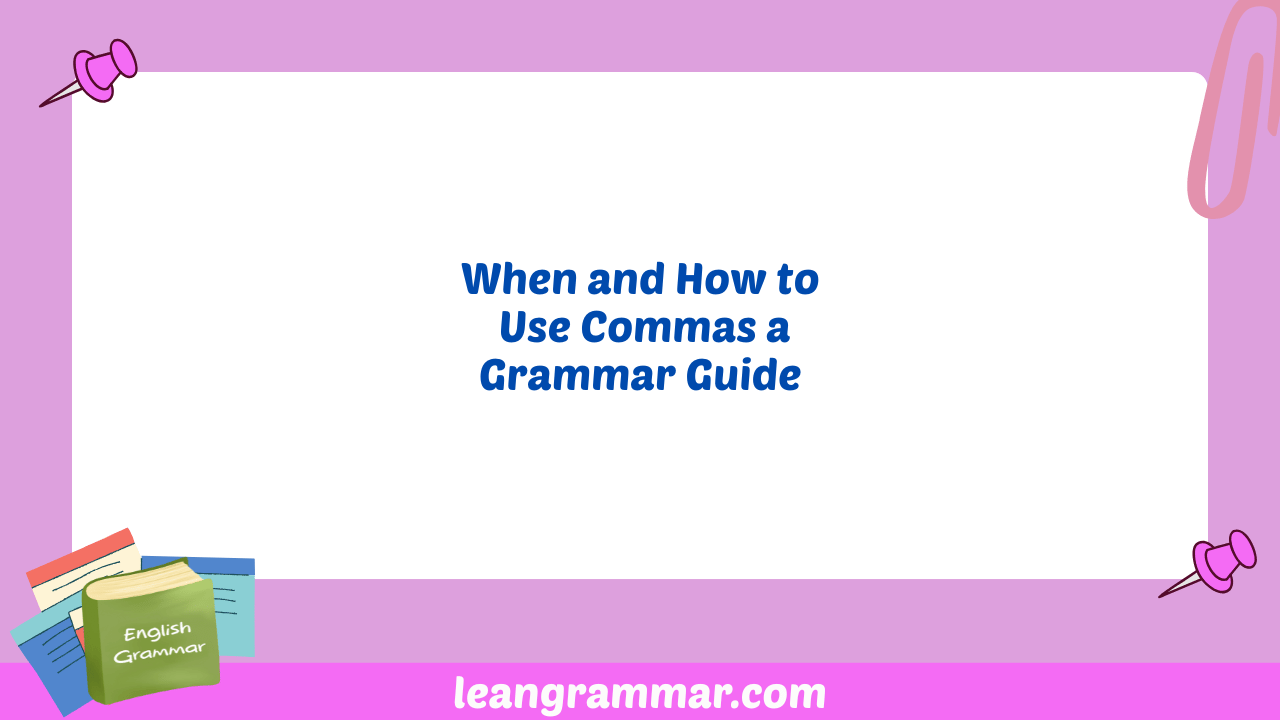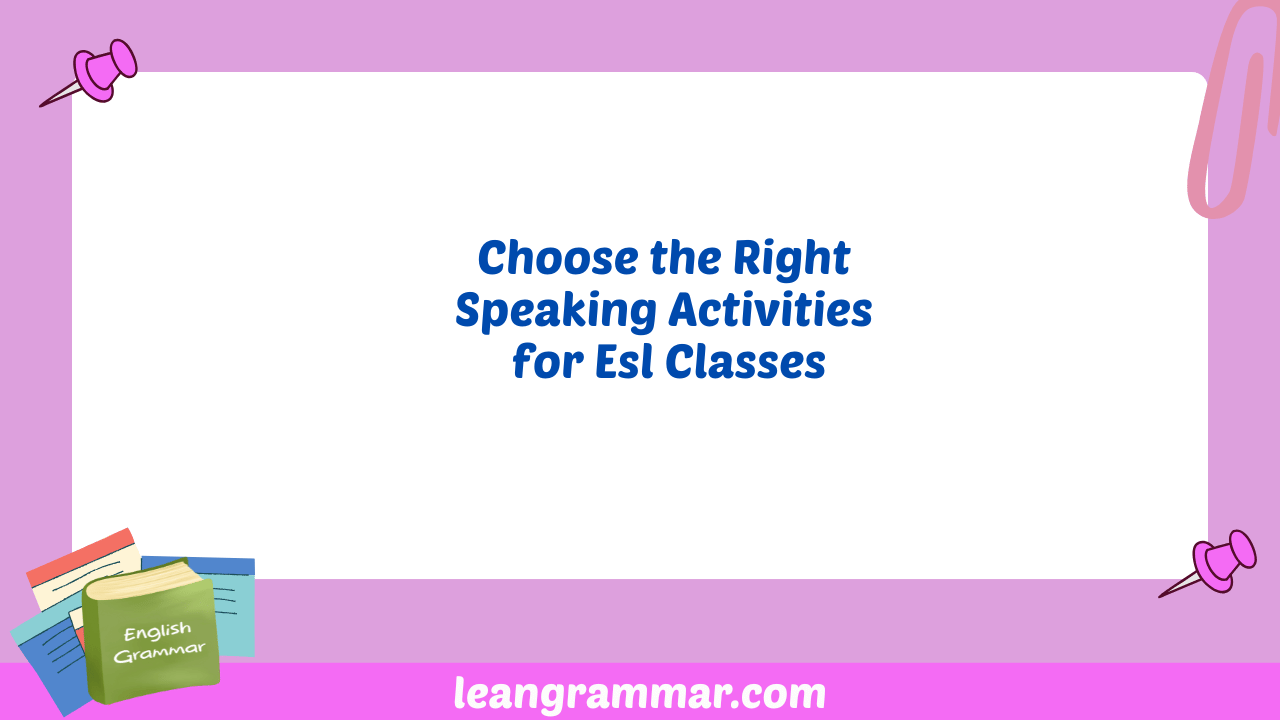ESL Conversation Questions: Talking About Family
Discussing family is a universal way to connect with others, making it a crucial skill for ESL learners. Mastering the grammar related to family discussions allows you to share personal stories, understand different cultural perspectives, and build meaningful relationships. This article provides a comprehensive guide to using English grammar effectively when talking about family, covering … Read more
